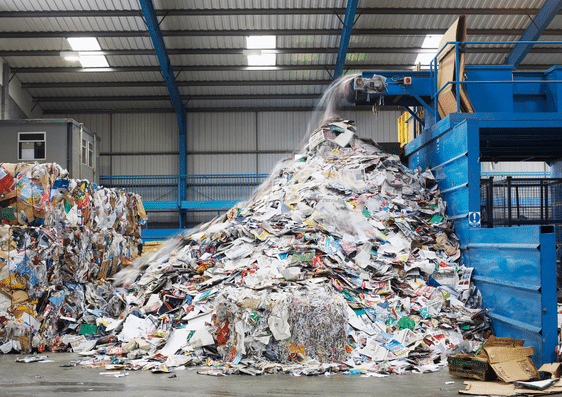The Governor of Maine Janet Mills signed a bill establishing an ‘extended producer responsibility” programme that shifts costs of recycling and disposing packaging waste from consumers to companies and producers, becoming the first state in the US to do so and paving the way for other states to follow.
—
A historic new bill for recycling was passed in Maine on July 13.
The new legislation shifts the responsibility and costs of disposing packaging materials and waste away from consumers and back towards the companies and manufacturers that made them.
Companies will now be charged for collecting and recycling cardboard boxes, plastic containers, and other packaging materials, as well as the disposal of any non-recyclable packaging materials. Small businesses and nonprofit organisations are exempt from the law.
According to the Environmental Protection Agency, 82.2 million tons of containers and packaging were discarded in the US in 2018, which has been exacerbated since China suspended their purchase of recyclables in the same year.
Most companies find it cheaper to produce more packaging than to rely on recycled materials, and will continue to contribute to global plastic pollution and subsequent greenhouse gas emissions without financial incentives.
Placing the recycling responsibility onto producers could create a paradigm shift in the economics of waste management. Producing less waste means companies will pay less, and establish a new market for recycled goods. “Maybe companies won’t be inclined to ship you something tiny in a box wrapped in another box, all stuffed with plastic bags, because they’ll have to pay for that, not somebody else,” said Sarah Nichols of the Natural Resources Council of Maine. “It really puts the responsibility where it belongs.”
Nichols adds that the income generated from the new programme will go towards local recycling efforts and communities that they have struggled find funds previously, and lessen the load on taxpayer dollars as well. Currently, Maine communities have been estimated to pay more than $15 million to dispose of waste packaging each year.
You might also like: How Well Does Asia Recycle?
The bill was met with a number of opposition before it was passed, with critics claiming that it could raise the cost of consumer goods and disrupt supply chains, while others argued recycling costs should be shared and not placed solely on companies.
While Maine’s extended producer responsibility programme for packaging is a first for the US, it’s already been in practice in many European countries and several Canadian provinces. A number of states including New York and California are now considering similar legislations, which will hopefully be established this year or in the near future.


















